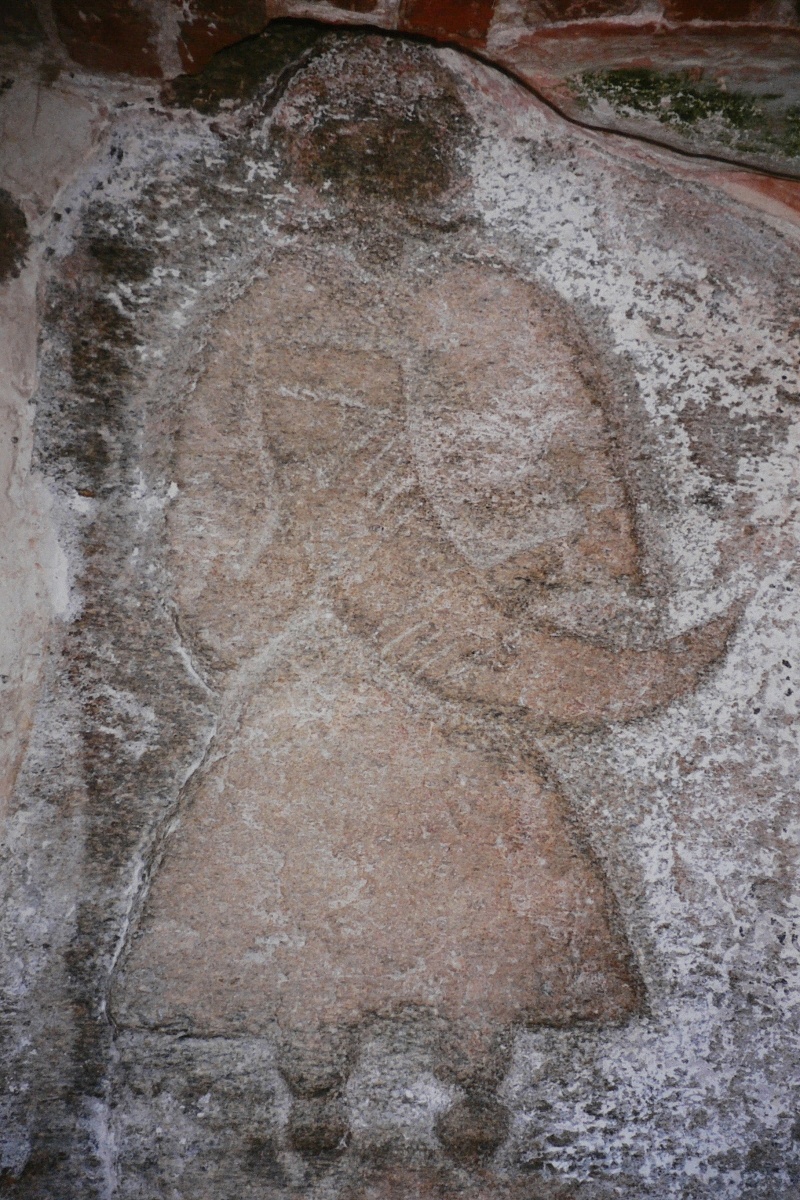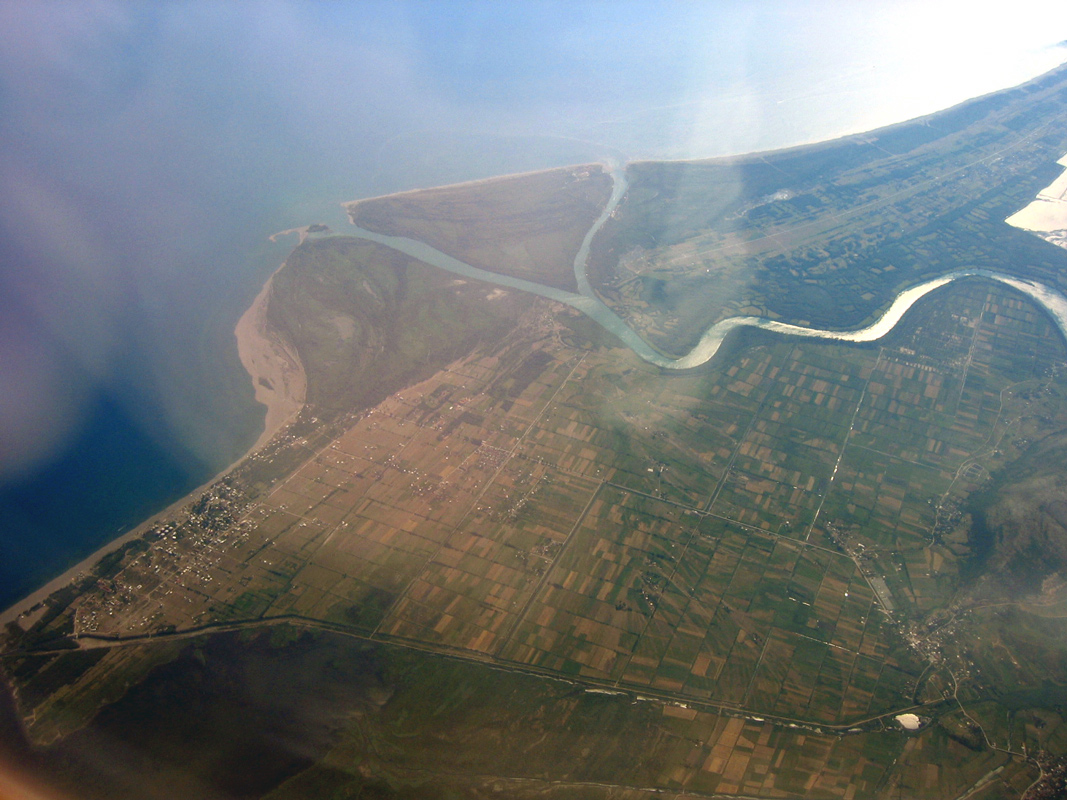|
The Building Of Skadar
''The Building of Skadar'' or ''The Walling of the Skadar'' or ''The Founding of Skadar'' ( sr, Зидање Скадра) is a poem of the pre-Kosovo cycle of Serbian epic poetry. It is based on the motif of human sacrifice. Time and place The events described in the poem allegedly occurred at the beginning of the 14th century. Jovan Tomić concluded that this song was created in the region near Skadar (now Shkodër), such as upper Albania, Montenegro, or the southwest part of Herzegovina where the tradition of the Mrnjavčević family was strong. His conclusion was later supported by other scholars. The army led by King Vukašin Mrnjavčević and his son Prince Marko came under Skadar in June 1371, but when they were informed about a large Ottoman army advancing from the east they headed east to prepare for the Battle of Maritsa. The same motif is described in poetry composed in some other languages. The version in Serbian is considered as the major South-Slavic version. I ... [...More Info...] [...Related Items...] OR: [Wikipedia] [Google] [Baidu] |
Bulgarian Language
Bulgarian (, ; bg, label=none, български, bălgarski, ) is an Eastern South Slavic language spoken in Southeastern Europe, primarily in Bulgaria. It is the language of the Bulgarians. Along with the closely related Macedonian language (collectively forming the East South Slavic languages), it is a member of the Balkan sprachbund and South Slavic dialect continuum of the Indo-European language family. The two languages have several characteristics that set them apart from all other Slavic languages, including the elimination of case declension, the development of a suffixed definite article, and the lack of a verb infinitive. They retain and have further developed the Proto-Slavic verb system (albeit analytically). One such major development is the innovation of evidential verb forms to encode for the source of information: witnessed, inferred, or reported. It is the official language of Bulgaria, and since 2007 has been among the official languages of the Eur ... [...More Info...] [...Related Items...] OR: [Wikipedia] [Google] [Baidu] |
Slavic Mythology
Slavic mythology or Slavic religion is the religious beliefs, myths, and ritual practices of the Slavs before Christianisation, which occurred at various stages between the 8th and the 13th century. The South Slavs, who likely settled in the Balkan Peninsula during the 6th–7th centuries AD, bordering with the Byzantine Empire to the south, came under the sphere of influence of Eastern Christianity, beginning with the creation of writing systems for Slavic languages (first Glagolitic, and then Cyrillic script) in 855 by the brothers Saints Cyril and Methodius and the adoption of Christianity in Bulgaria in 863. The East Slavs followed with the official adoption in 988 by Vladimir the Great of Kievan Rus'. The West Slavs' process of Christianization was more gradual and complicated. The Moravians accepted Christianity as early as 831, the Bohemian dukes followed in 845, Slovaks accepted Christianity somewhere between the years 828 and 863, but the Poles accepted it much later ... [...More Info...] [...Related Items...] OR: [Wikipedia] [Google] [Baidu] |
Vila (fairy)
A vila, or víla (plural: vile, or víly ; sh, vila, sl, vila, bg, vila, diva, juda, samovila, samodiva, samojuda, orv, vila, sk, víla, cz, víla, samodiva, divoženka) is a Slavic fairy similar to a nymph, female, beautiful and with long blonde hair. The vila is mostly known among South Slavs, however, some variants are present in the mythology of West Slavs as well. Among Czechs, ''víla'' denotes a woodland spirit (15th century), and ancient place names such as Vilice near Tábor, Vilov near Domažlice, and Vilín near Sedlčany seem to indicate that she was known there as well. In the '' Chronicle of Dalimil'' (3, 53) ''vila'' is "fool" (as in Old Polish). In Russia, vile are mentioned in the 11th century, but there is doubt that they were truly a part of Russian folklore, and not just a literary tradition. There are common traits between the vile and the rusalki, and Schneeweis holds that they are identical. Etymology The etymology is unclear. Possible explanatio ... [...More Info...] [...Related Items...] OR: [Wikipedia] [Google] [Baidu] |
Gojko Mrnjavčević
Gojko ( Serbian script: Гојко) is a masculine given name of an old South Slavic origin. Meaning is little hidden but is connected with peace, as Pacific. It may refer to: *Gojko Balšić, 15th-century nobleman *Gojko Berkuljan (1923–1989), painter * Gojko Bervar (born 1946), Slovenian journalist *Gojko Đogo (born 1940), Serbian poet *Gojko Kačar (born 1987), Serbian footballer * Gojko Kenda, Slovene musician *Gojko Koprivec (born ), Slovene politician *Gojko Mitić (born 1940), German film star from Serbian origin *Gojko Onič (born ), Slovene financial manager *Goja Pajagić Bregar, scientist and Slovene museum curator *Gojko Pijetlović (born 1983), Serbian water polo goalkeeper *Gojko Stanič (born 1940), Slovene politician and journalist *Gojko Šušak (1945–1998), Croatian politician *Gojko Vučinić (born 1970), Montenegrin handballer *Gojko Zalokas (born 1962), Slovene organiser (sport) *Gojko Zec (1935–1995), Serbian footballer *Gojko Marić (born 1991), Serbian ... [...More Info...] [...Related Items...] OR: [Wikipedia] [Google] [Baidu] |
Jovan Uglješa
{{disambiguation, surname ...
Jovan may refer to: *Jovan (given name), a list of people with this given name *Jovan, Mawal, a village on the western coastal region of Maharashtra, India *Jōvan Musk, a cologne *Deli Jovan, a mountain in eastern Serbia *Róbert Jován (born 1967), Hungarian footballer See also *Jovanka (other) *Joven (other) *Javon (other) *Jovan Hill Jovan Miguel Hill (born ) is an American Online streamer, livestreamer. A homosexual man who was bought up in a religious household, Hill began a Tumblr blog as a teenager to document his experiences. After he asked his followers to donate so t ... [...More Info...] [...Related Items...] OR: [Wikipedia] [Google] [Baidu] |
Bojana (river)
The Bojana ( cnr, Бојана), also known as the Buna ( sq, Bunë), is a river in Albania and Montenegro which flows into the Adriatic Sea. An outflow of Lake Skadar, measured from the source of the lake's longest tributary, the Morača, the Morača-Lake Skadar-Bojana system is long. Etymology The modern Albanian name of the river delivers from Illyrian ''Barbanna'' ''and'' follows Albanian phonetic sound rules. Course The river in Albania The river used to be longer, but due to a rise in the level of Lake Shkodër, the uppermost part of the river is now under the lake's surface. The river initially flows east, but after only few kilometers reaches the city of Shkodër and turns to the south. On the southern outskirts of the city, the river receives its most important tributary, the Great Drin, the greater part of which became its tributary after changing course during a flood in 1858 and now brings more water (352 m³/s) than the Buna itself (320 m³/s). After fl ... [...More Info...] [...Related Items...] OR: [Wikipedia] [Google] [Baidu] |
Johann Wolfgang Von Goethe
Johann Wolfgang von Goethe (28 August 1749 – 22 March 1832) was a German poet, playwright, novelist, scientist, statesman, theatre director, and critic. His works include plays, poetry, literature, and aesthetic criticism, as well as treatises on botany, anatomy, and colour. He is widely regarded as the greatest and most influential writer in the German language, his work having a profound and wide-ranging influence on Western literary, political, and philosophical thought from the late 18th century to the present day.. Goethe took up residence in Weimar in November 1775 following the success of his first novel, ''The Sorrows of Young Werther'' (1774). He was ennobled by the Duke of Saxe-Weimar, Karl August, in 1782. Goethe was an early participant in the ''Sturm und Drang'' literary movement. During his first ten years in Weimar, Goethe became a member of the Duke's privy council (1776–1785), sat on the war and highway commissions, oversaw the reopening of silver min ... [...More Info...] [...Related Items...] OR: [Wikipedia] [Google] [Baidu] |
German Language
German ( ) is a West Germanic languages, West Germanic language mainly spoken in Central Europe. It is the most widely spoken and Official language, official or co-official language in Germany, Austria, Switzerland, Liechtenstein, and the Italy, Italian province of South Tyrol. It is also a co-official language of Luxembourg and German-speaking Community of Belgium, Belgium, as well as a national language in Namibia. Outside Germany, it is also spoken by German communities in France (Bas-Rhin), Czech Republic (North Bohemia), Poland (Upper Silesia), Slovakia (Bratislava Region), and Hungary (Sopron). German is most similar to other languages within the West Germanic language branch, including Afrikaans, Dutch language, Dutch, English language, English, the Frisian languages, Low German, Luxembourgish, Scots language, Scots, and Yiddish. It also contains close similarities in vocabulary to some languages in the North Germanic languages, North Germanic group, such as Danish lan ... [...More Info...] [...Related Items...] OR: [Wikipedia] [Google] [Baidu] |
Jacob Grimm
Jacob Ludwig Karl Grimm (4 January 1785 – 20 September 1863), also known as Ludwig Karl, was a German author, linguist, philologist, jurist, and folklorist. He is known as the discoverer of Grimm's law of linguistics, the co-author of the monumental '' Deutsches Wörterbuch'', the author of ''Deutsche Mythologie'', and the editor of ''Grimms' Fairy Tales''. He was the older brother of Wilhelm Grimm; together, they were the literary duo known as the Brothers Grimm. Life and books Jacob Grimm was born 4 January 1785, in Hanau in Hesse-Kassel. His father, Philipp Grimm, was a lawyer who died while Jacob was a child, and his mother Dorothea was left with a very small income. Her sister was lady of the chamber to the Landgravine of Hesse, and she helped to support and educate the family. Jacob was sent to the public school at Kassel in 1798 with his younger brother Wilhelm. In 1802, he went to the University of Marburg where he studied law, a profession for which he had be ... [...More Info...] [...Related Items...] OR: [Wikipedia] [Google] [Baidu] |






.jpg)